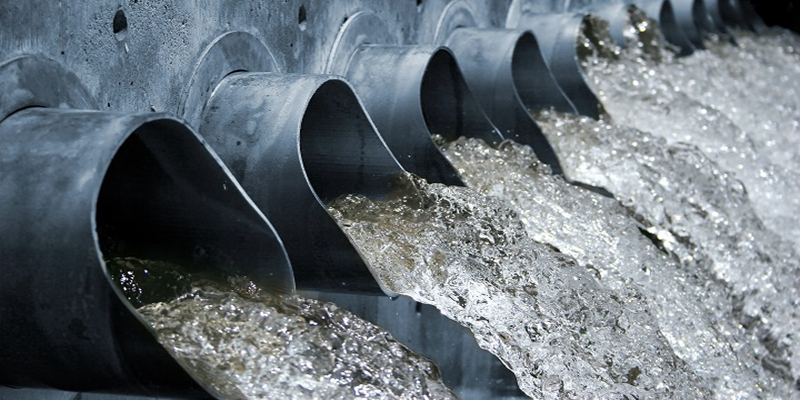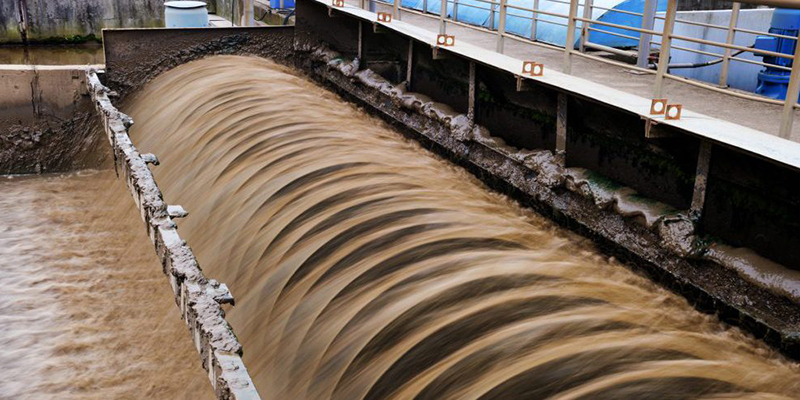Wastewater refers to water that has been used in various human activities and has become contaminated as a result. It is generated from households, businesses, industries, and other sources where water is utilized. This water often carries a diverse range of impurities, including organic and inorganic substances, pathogens, chemicals, and pollutants, making it unsuitable for direct release into the environment or for immediate reuse.

The generation of wastewater is an inherent part of human civilization, reflecting our activities such as bathing, washing, cooking, industrial production, and sanitation. As water is used in these processes, it becomes laden with various substances, some of which can be harmful to both human health and the environment.
Wastewater can have both positive and negative influences on human life, depending on how it is managed and treated. Here are some key points illustrating the influence of wastewater in human life:
Positive Influences
Water Supply Augmentation
Treated wastewater can be reused for non-potable purposes, such as irrigation, industrial processes, and landscape irrigation. This helps in augmenting water supplies and reduces the demand for freshwater resources.
Nutrient Recycling
Wastewater often contains valuable nutrients, such as nitrogen and phosphorus. Through proper treatment, these nutrients can be recovered and reused in agriculture, contributing to sustainable farming practices.
Energy Generation
Some wastewater treatment processes, particularly anaerobic digestion, can produce biogas (mainly methane), which can be used as a renewable energy source. This contributes to efforts to generate clean energy and reduce reliance on fossil fuels.
Industrial Processes
Industries often use water in their processes, and treated wastewater can be a reliable and sustainable water source for certain industrial activities. This reduces the pressure on freshwater resources and supports industrial sustainability.
Negative Influences
Health Risks
Untreated or inadequately treated wastewater can pose significant health risks. Waterborne diseases and infections may spread if wastewater containing pathogens is released into water bodies without proper treatment.
Environmental Pollution
Discharging untreated wastewater into natural water bodies can lead to pollution, negatively impacting aquatic ecosystems, biodiversity, and water quality. The presence of chemicals, heavy metals, and other pollutants can harm plants, animals, and aquatic life.
Aquifer Contamination
Improper disposal of wastewater, particularly in regions with inadequate sanitation infrastructure, can lead to the contamination of groundwater sources. This poses a threat to drinking water quality and public health.
Eutrophication
Excessive nutrients, such as nitrogen and phosphorus, in wastewater can contribute to eutrophication in water bodies. This process leads to the overgrowth of algae, depleting oxygen levels and harming aquatic ecosystems.
Social and Economic Impact
Inadequate wastewater management can have social and economic consequences, affecting communities that rely on contaminated water sources. Waterborne diseases can result in increased healthcare costs and productivity losses.
In conclusion, the influence of wastewater on human life is multifaceted. Properly managed and treated wastewater can contribute positively to water sustainability, agriculture, and energy generation. However, the improper handling of wastewater poses risks to public health, the environment, and overall well-being. Sustainable wastewater management practices are crucial to maximize the positive impacts while minimizing the negative effects on human life.

